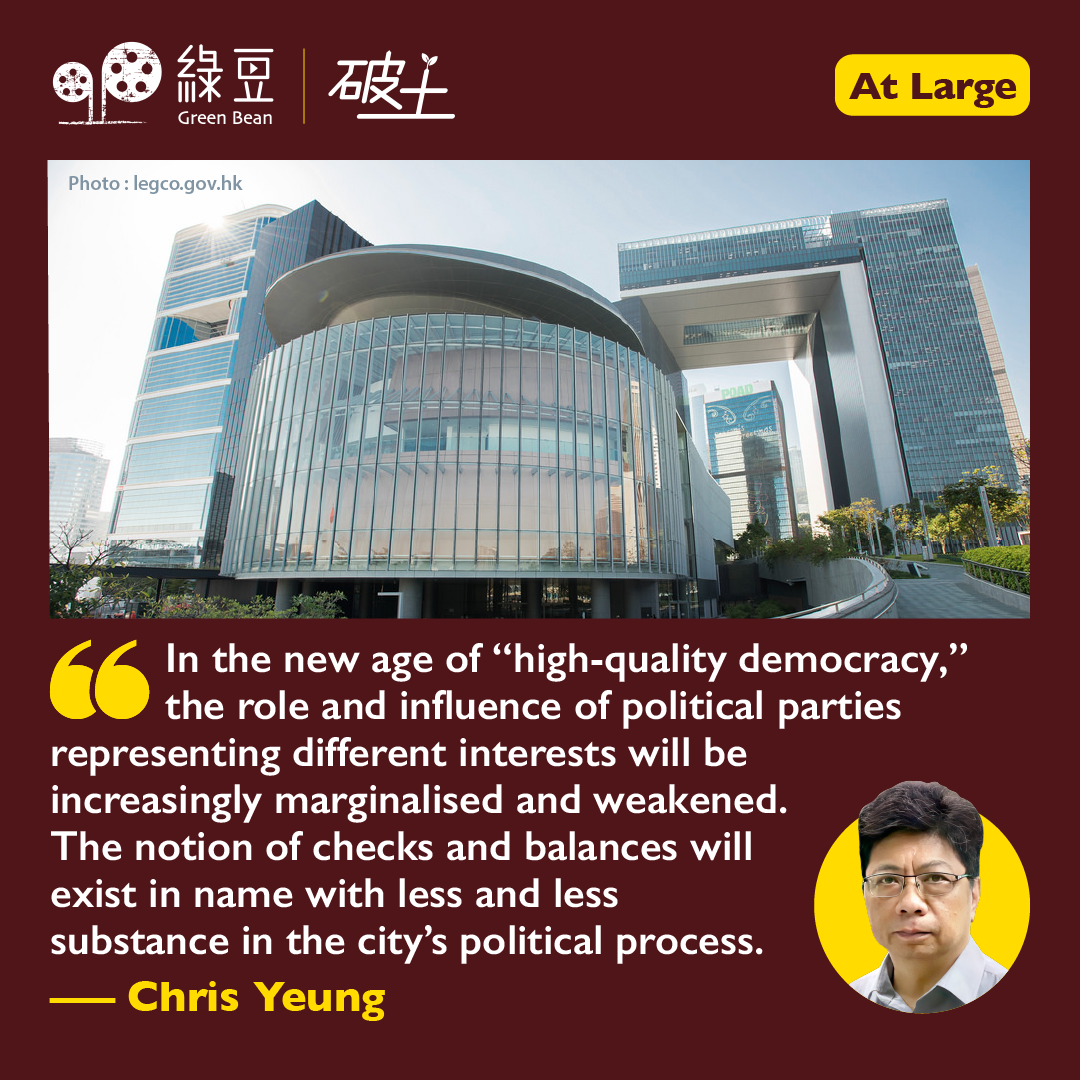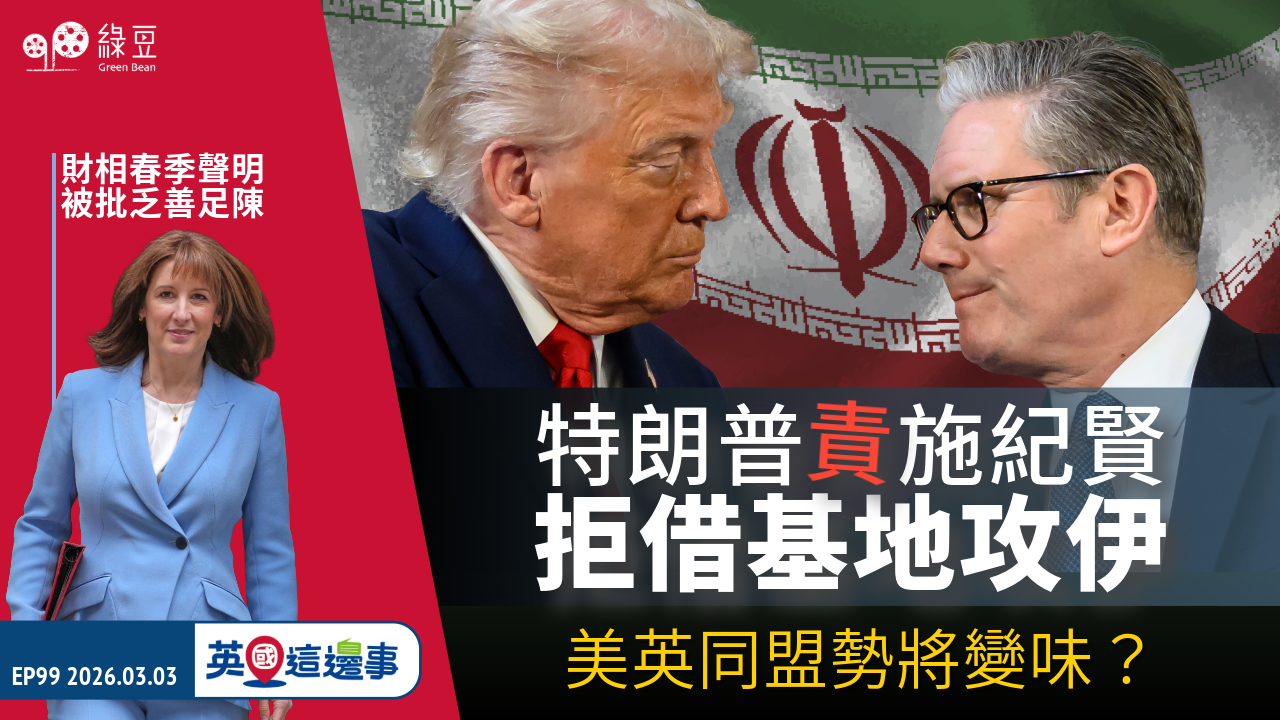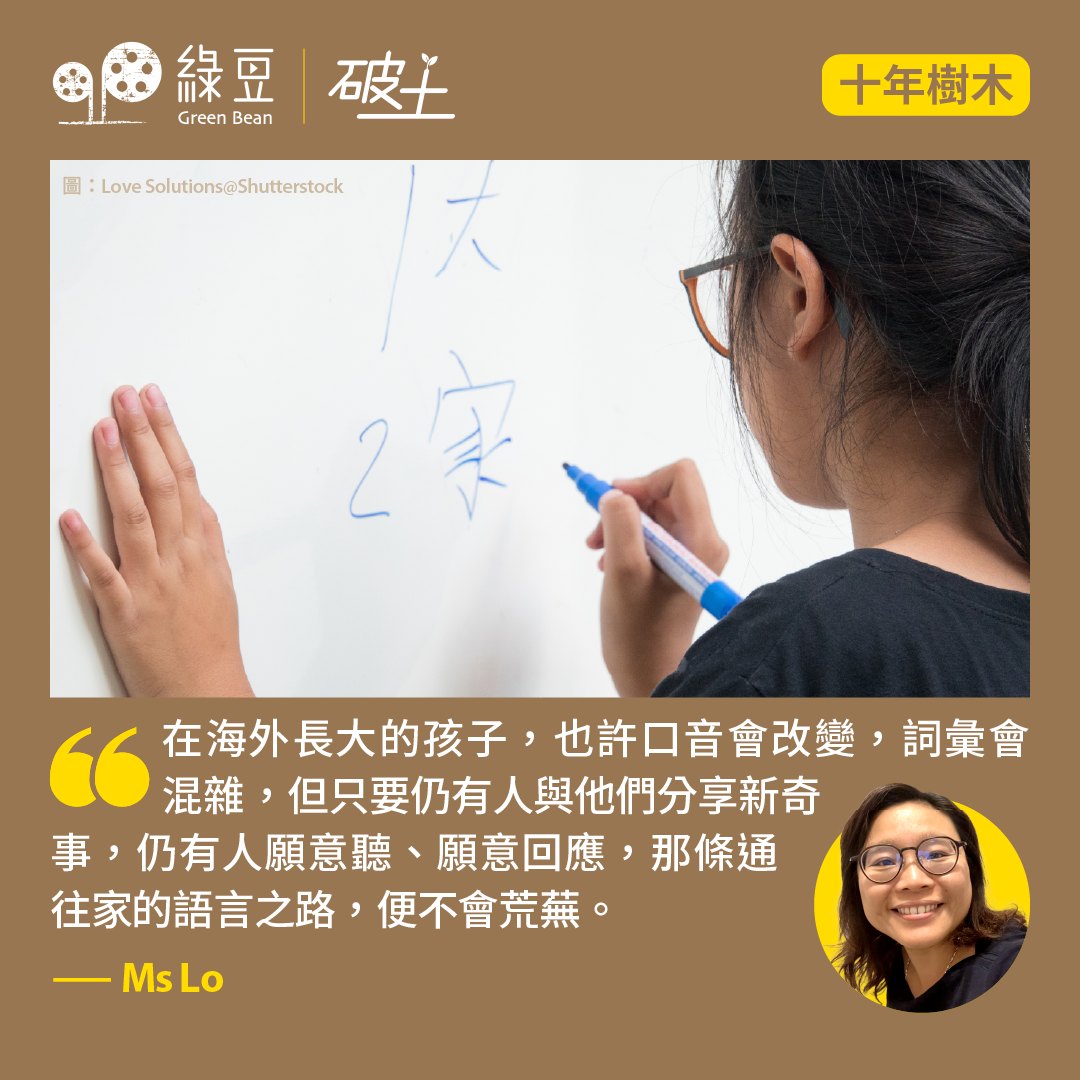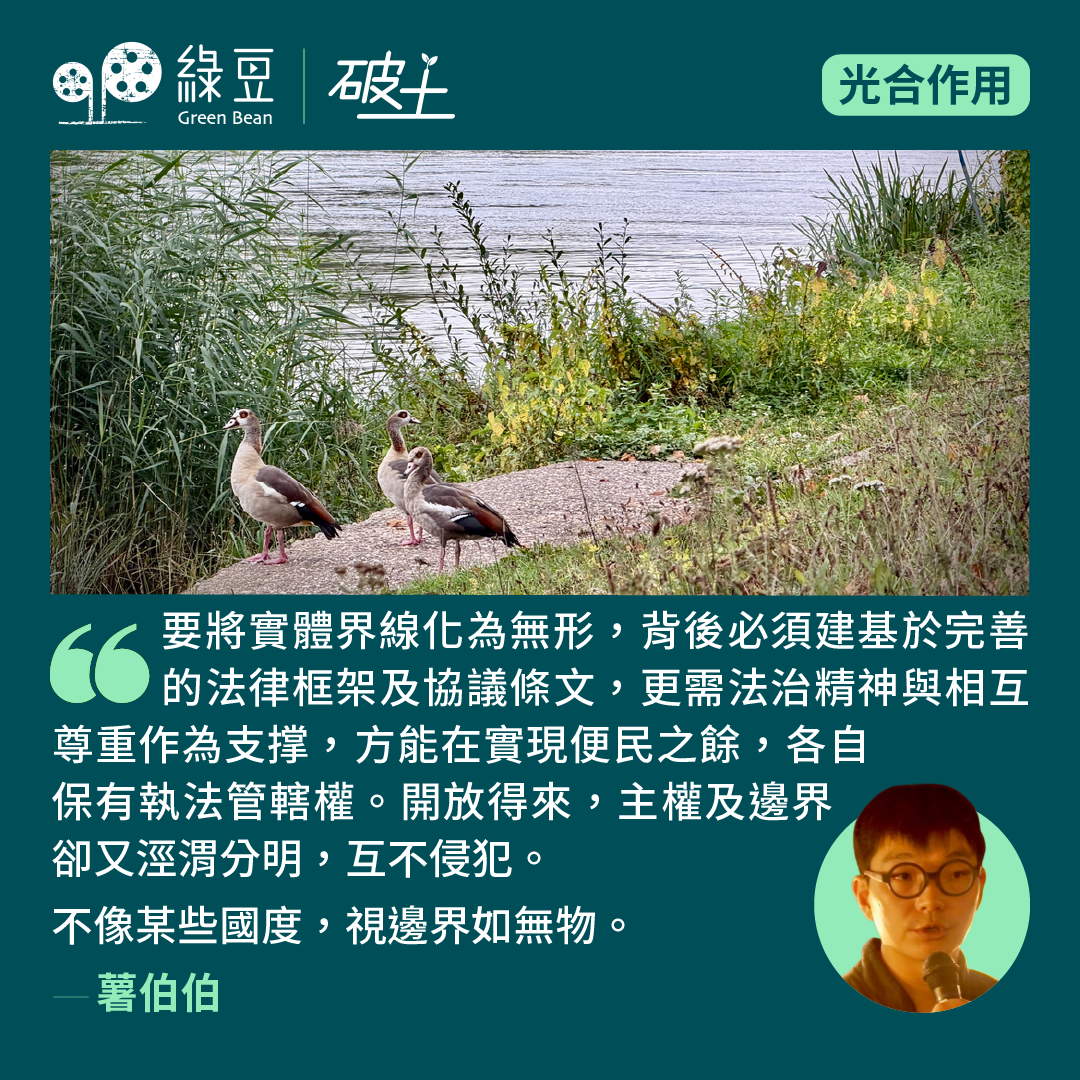New Legco not just a change of faces

It was not long ago that the Hong Kong government soccer team and the Legislative Council soccer team showed their football skills and, even more importantly, togetherness at a friendship match.
Less than a week or so before the four-year term of legislators ends, members are not in the mood of deepening friendship and giving blessings in a traditional farewell party at the end of their term.
A farewell lunch scheduled for October 24 was cancelled on the grounds of venue problems and that some members reportedly want to have more time on election-related matters.
October 24 marks the beginning of the nomination period of the December 7 Legislative Council election.
Gone were the jovial mood and the sense of togetherness demonstrated on the football pitch. A mixed feeling of being abandoned and uncertainty about their political future has seemingly prevailed among the 89 lawmakers. (One seat has been left vacant after the member joined the government. No by-election has been held for a replacement.)
The invisible hands
Like most places around the world, Hong Kong politics are fraught with uncertainties, albeit in its own kind.
The Hong Kong-style election with Chinese Mainland characteristics was shown in the drama of incumbent legislators declaring one after another their decision not to seek re-election, in the past fortnight. The “leavers” have cited various reasons including age for their unusual departure in doves.
None of them have said publicly they have been told to do so. On some of their faces were a trace of reluctance, nevertheless.
Speculation has been rife that invisible hands with powers and authority have been busy working behind the scenes to constitute a new Legco, giving hints to the incumbents of their future, if any, while hunting for more young and new faces.
More than a fortnight after Legco President Andrew Leung took the lead to bow out, the secrecy of the wave of incumbent lawmakers announcing they will not seek re-election has begun to be lifted.
On Friday, the State Council’s Hong Kong and Macau Affairs Office (HKMAO) published a signed article saying the “orderly” replacement of members in elections is a “norm of the Legislative Council, (the norm) is one of the true meanings of democracy.” “The so-called ‘blessed list’ does not exist.”
As of Saturday, 15 members had indicated their plan to bow out, with eight of them aged 70 or above, giving some credence to rumours that Beijing has set an unwritten age limit at the age of 70.
Seamless cooperation
The HKMAO article says the new electoral system, election has returned to the original nature of electing the good and the capable people through fair and positive competition.
The article came one day after Chief Executive John Lee spoke at a symposium on the relationship between the executive branch and the legislature on Thursday. Lee reiterated that there would be mutual coordination and mutual checks and balances between the two branches. The HKMAO article says the emphasis in their relationship was on “coordination”.
Speaking at the symposium, a veteran pro-Beijing figure Tam Yiu-chung said there should not just be “seamless coordination”, but “seamless cooperation” between the government and the legislature.
Putting together the remarks by Lee, the HKMAO writer and Tam, the next legislature, the second after the electoral overhaul, is on the course of not just a normal replacement of faces but a significant change in its ties with the government.
From “mutual coordination and mutual checks and balances,” the executive-legislature relationship is shifting from Legco coordinating with the government to cooperation. The lines between the executive arm and the legislature will be increasingly blurred. To borrow Tam’s term, “seamless.”
Competitive election platform, high capability and good image aside, those who are able to cooperate seamlessly with the government will no doubt be in a strong position to get a seat.
In the new age of “high-quality democracy,” the role and influence of political parties representing different interests will be increasingly marginalised and weakened. The notion of checks and balances will exist in name with less and less substance in the city’s political process.
There will be a limit of checks and balances, which will be defined by the authorities depending on political needs.
A veto of government bills could be dangerous unless there are clear signals to the lawmakers that they “can support or oppose the bill”. The vetoing of a government bill on a registration mechanism for same-sex partners by legislators last month is a case in point.
The leading and dominating role of the executive branch in governance will be further strengthened, further weakening the role and influence of the legislature – for better or for worse.
▌ [At Large] About the Author
Chris Yeung is a veteran journalist, a founder and chief writer of the now-disbanded CitizenNews; he now runs a daily news commentary channel on Youtube. He had formerly worked with the South China Morning Post and the Hong Kong Economic Journal.





